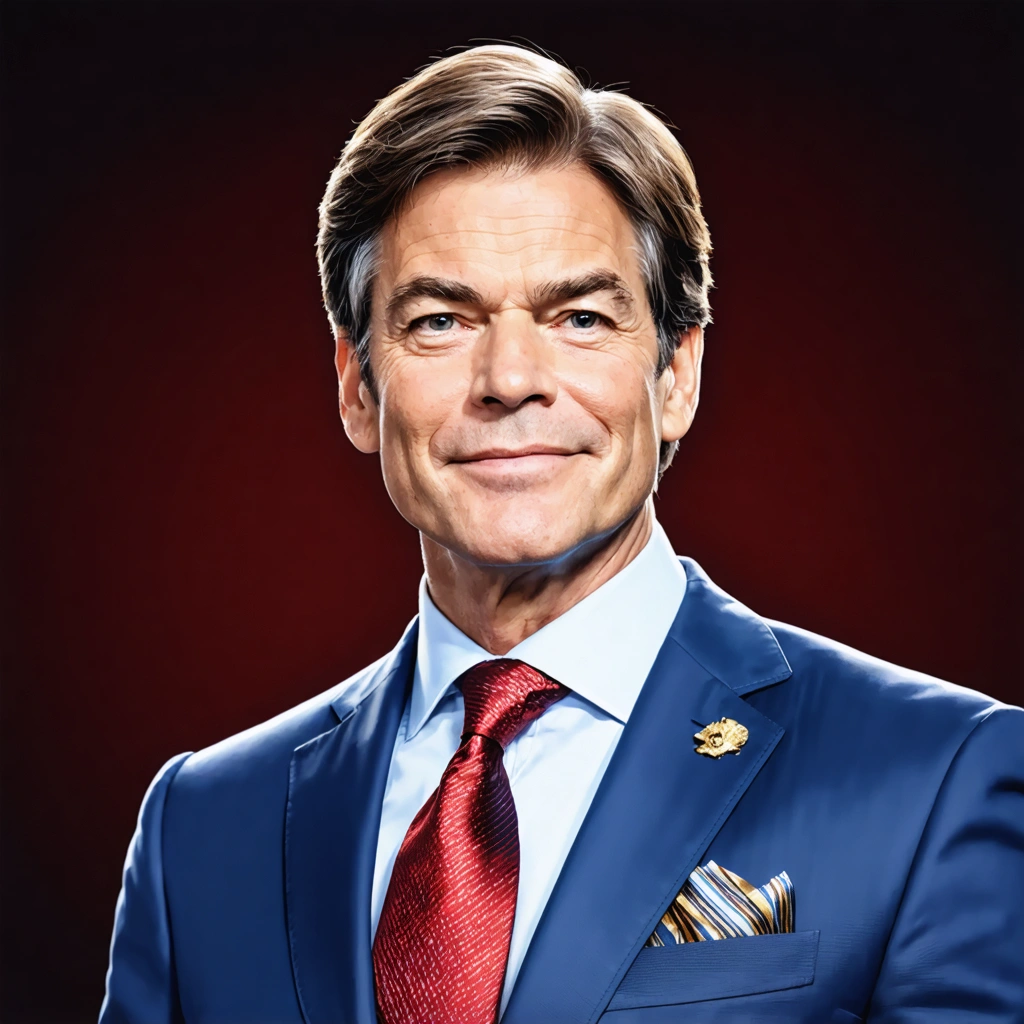
Introduction to the Confirmation Process
The Senate Finance Committee’s confirmation hearing for Dr. Mehmet Oz represents a critical juncture in U.S. healthcare policy. As a well-known television figure, Dr. Oz is now transitioning from his media career to a pivotal role in managing two of the largest health programs in the country: Medicare and Medicaid. This article provides an in-depth review of his nomination, examining the context, controversies, and implications for the administration of health benefits to older Americans and the financially vulnerable.
Background of Dr. Mehmet Oz
From Television Fame to Public Policy
Dr. Mehmet Oz is widely recognized for his television appearances, where he has promoted various health and wellness topics. However, his career has not been without controversies. Critics often question the scientific validity of some of his recommendations, and his career in medicine has been punctuated by both popular acclaim and professional scrutiny.
Key points regarding his background include:
- Extensive media presence over several decades.
- Notable controversies regarding medical advice and unverified health claims.
- Experience in bridging communication between the medical community and the general public.
The Senate Confirmation Hearing
Overview and Key Discussion Points
During the confirmation hearing, senators will evaluate Dr. Oz’s readiness to oversee Medicare and Medicaid. The hearing is expected to focus on several key aspects:
- Professional Qualifications: Senators will scrutinize his medical credentials, research background, and his experience in healthcare policy.
- Track Record in Media: His television career, while broadening public awareness, has also raised concerns about potential conflicts between popular medicine and evidence-based practices.
- Policy Approaches: Discussion will include his strategies for managing the complex interplay of federal regulations, budget constraints, and healthcare delivery reforms.
- Stakeholder Engagement: His ability to interact with both political figures and health professionals, ensuring transparency and accountability.
Focus Areas of the Hearing
Specific issues expected during the hearing include:
- The integration of modern technological solutions in health program management.
- Revision of care models to improve service delivery for Medicare and Medicaid beneficiaries.
- Proposals to balance cost management with quality patient care.
- The role of preventive medicine and public health initiatives in reducing overall healthcare expenditures.
Implications for Medicare and Medicaid Oversight
Strategic Challenges and Opportunities
The role for which Dr. Oz is being considered is strategically important. The programs under his potential oversight serve millions and are critical to the social safety net. His nomination sheds light on the broader challenges related to healthcare administration:
| Aspect | Medicare | Medicaid |
|---|---|---|
| Beneficiary Demographics | Primarily adults aged 65 and older | Low-income families, individuals with disabilities |
| Funding Sources | Federal government primarily | Joint federal-state funding |
| Program Challenges | Cost control, drug pricing | Access to care, state budget constraints |
This table highlights the contrasting aspects in managing two major programs. Strategic leadership is crucial in addressing these challenges, ensuring that policy reforms translate directly into improved outcomes for vulnerable populations.
Business Implications and Policy Reforms
From a business perspective, the confirmation hearing is not only a political process but also a moment to reassess the operational efficiency of public health programs. The following points illustrate some of the business implications:
- Budgetary Impacts: Effective oversight can lead to significant cost savings through the adoption of modern management systems and preventative initiatives.
- Innovation in Healthcare Delivery: Dr. Oz’s background in media and communication might foster innovative strategies in patient engagement and healthcare marketing.
- Risk Management: Revisiting risk management protocols to prevent misuse of funds and ensure transparent billing practices.
- Stakeholder Confidence: Maintaining strong relationships with federal, state, and private partners is essential for implementing effective policy reforms.
Conclusion and Future Outlook
The Road Ahead
As the Senate Finance Committee deliberates on Dr. Oz’s nomination, several questions remain regarding the balance of his public persona with the rigorous demands of federal healthcare oversight. His appointment would not only influence the administrative practices of Medicare and Medicaid but also set a precedent for future nominations where expertise and public visibility intersect.
In summary, the confirmation hearing is a critical event with implications for:
- Strengthening policy frameworks to improve healthcare delivery.
- Fostering a culture of accountability and transparency within major public health programs.
- Leveraging innovative approaches to address both old and emerging challenges in healthcare management.
Going forward, the business community, healthcare professionals, and policy experts will be watching closely to determine how Dr. Oz’s background and vision can align with the demands of overseeing programs that have a significant impact on millions of American lives. The decision made during this confirmation hearing will inevitably shape the future trajectory of healthcare policy reforms, ensuring that Medicare and Medicaid continue to evolve in response to the needs of an aging and diverse population.




